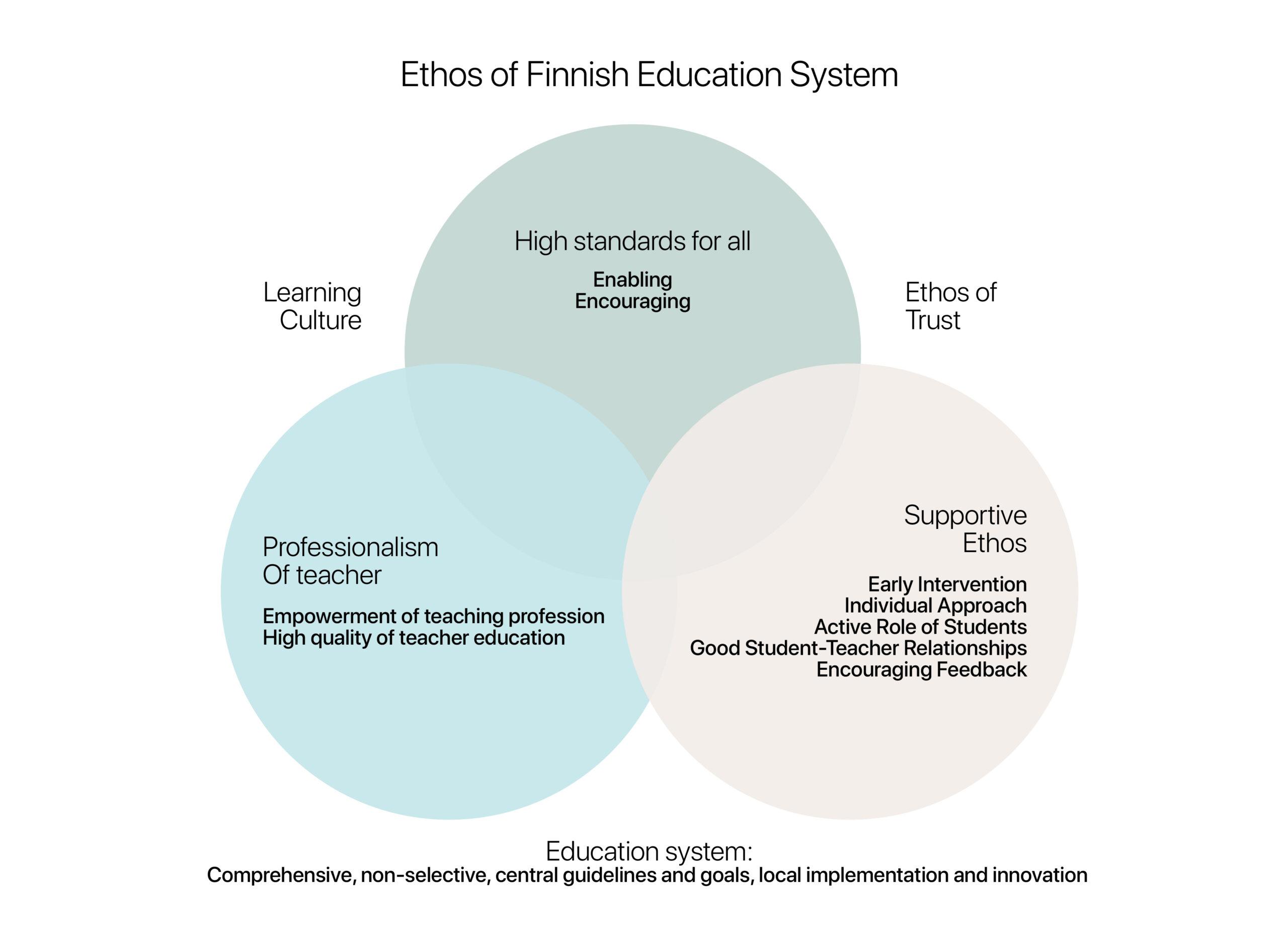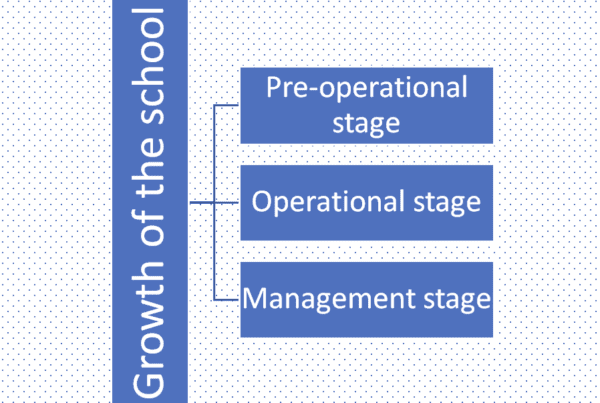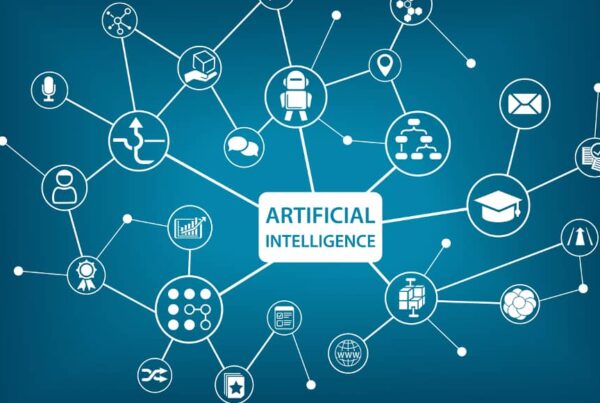The Finnish education system offers an interesting and internationally recognized example of a high-performing system that successfully combines high quality with widely spread equity and social cohesion through reasonable public financing. The Finnish system differs in several ways from most other European countries and the US.
The quality of Finnish education has been promoted through a decentralized approach since the 1990s, in all areas of governance. Following this decentralization, only basic guidelines are prepared at a national level, such as framework curricula and teacher education strategies. Finland has never based its educational system on standardized testing, as have many countries that follow an outcome-based educational model. Providers of education, typically municipalities, have been responsible for quality assurance and the preparation of local curricula, in collaboration with local stakeholders and families.
Teachers in Finland are highly educated. All teachers at the elementary, middle and high school levels are required to have a Master’s degree. In fact, the education of elementary teachers (Grades 1–6) at the Master’s level has been entrenched for 35 years, while secondary teachers (Grades 7–12) have been trained at Master’s-level programs for more than 100 years. An essential characteristic of teacher education in Finland has been its emphasis on research. Following this perspective, student teachers learn both how to consume and how to produce educational knowledge.
Several researchers have argued that the most important reason for Finnish students’ relatively high success in PISA is the professionalism of teachers and that the Finnish teacher education programs should help teachers to become professionals and acquire, among other things, the following:
- High-level content/subject matter knowledge, pedagogical knowledge, pedagogical content knowledge, contextual knowledge and knowledge about the nature of knowledge; social skills, such as communication skills, skills involved in cooperation with other teachers and information communication technology (ICT) skills; moral knowledge and skills, including the social and moral codes of the teaching profession.
- Skills required for effective cooperation with other teachers and those involved in partnerships with the school-community (local contexts and stakeholders) and with parents; knowledge about schools as an institution and their connections to wider society.
- Academic skills, such as research skills; skills needed for developing local curricula, planning teaching activities and organizing the assessment of teaching and learning and the skills needed to develop one’s own teaching practice and contribute to the teaching profession.





